Board of Directors
Officers
- Kannan Soundararajan (chair)
- Abby Thompson (treasurer)
- Paul Vojta (secretary)
Paul Balmer
University of California, Los Angeles
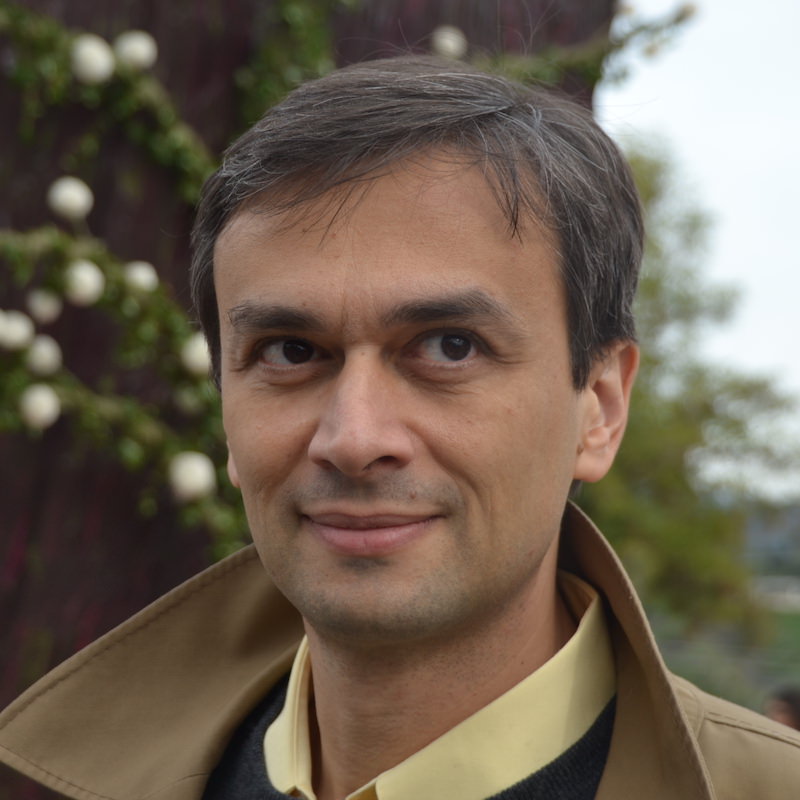
Paul Balmer works in algebra, more specifically around homological and homotopical algebra, category theory, K-theory, representation theory, algebraic geometry and related topics. He is developing a subject called “tensor-triangular geometry”, an umbrella for several geometric theories involving tensor-triangulated categories.
Paul obtained his PhD in 1998 under Manuel Ojanguren, at the University of Lausanne, a Swiss university which has since ceased awarding PhDs in mathematics (for unrelated reasons, it is claimed). After a few postdocs, Paul spent five years at ETH Zürich, then joined UCLA in 2007. Paul was an invited speaker at the International Congress of Mathematicians in 2010, and became a Fellow of the AMS in 2012. He was awarded a Humboldt Research Award in 2015. He joined the MSP Board at the end of 2016.
Paul serves on the editorial boards of the Pacific Journal of Mathematics and of the Annals of K-Theory, a journal he helped create in 2015. He also serves as trustee of the K-Theory Foundation, the academic nonprofit that owns AKT.
In his free time, Paul is a vigorous practitioner of far niente. He also reached expertise at beginner yoga, and enjoys playing a broad variety of games.
Gérard Besson
CNRS & Institut Fourier
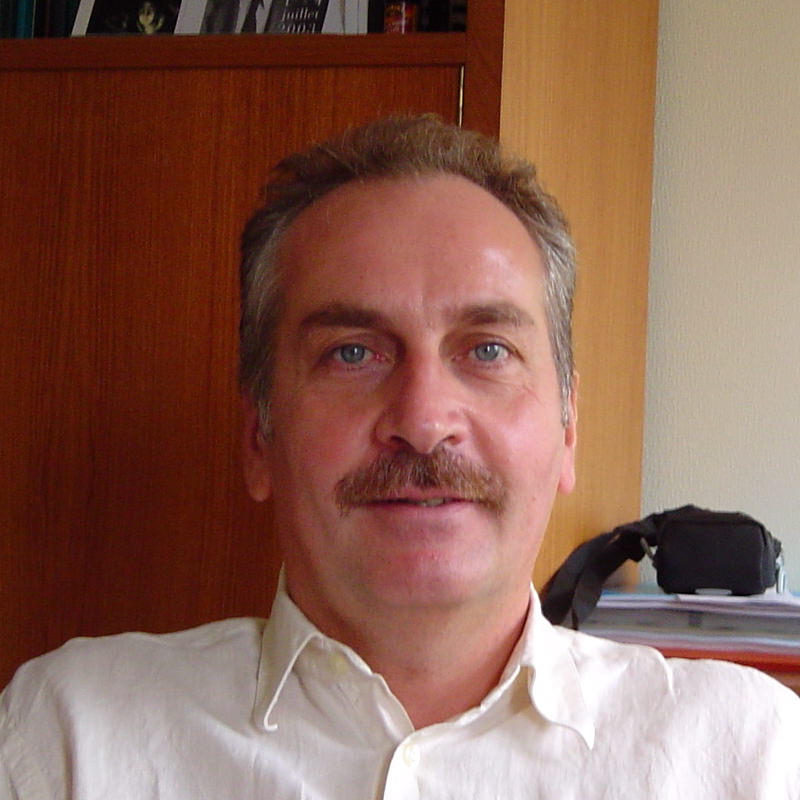
Gérard Besson is a director of research at CNRS. He was trained as a Riemannian geometer and has worked on spectral theory, manifolds of negative curvature, 3-manifolds and, more recently, on synthetic Riemannian geometry (that is, on the geometry of some metric spaces). With his collaborators he wrote a book published by the European Mathematical Society giving the details of Perelman's proof of Thurston's Geometrization Conjecture, for which they got the support of the Clay Institute. In 2006 he was awarded from the french Academy of Sciences the Alexandre Johannidès prize, and in 2013 received a grant from the European Research Council for the purpose of developing his work on open 3-manifolds. Gérard joined the MSP Board in March 2019.
Richard Gedye
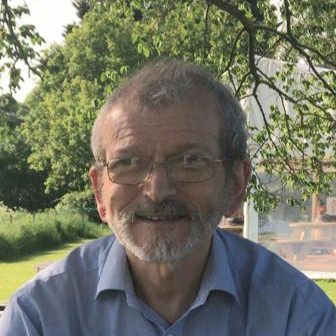
Richard Gedye has spent his entire career within academic publishing: 19 years with Macmillan Press in various marketing roles, followed by 19 years with the journals division of Oxford University Press, where he held the positions respectively of marketing director, sales director, and research director.
At OUP he was responsible for the marketing of several hundred journals, including journals published on behalf of the London Mathematical Society, the Edinburgh Mathematical Society, the Glasgow Mathematical Association, and the Institute of Mathematics and Its Applications. Later at OUP he launched and grew OUP’s library-consortia sales team. While at OUP he became a member of the Council of the Association of Learned and Professional Society Publishers (ALPSP) and also launched the usage statistics organisation COUNTER, becoming its first chair.
On his retirement from OUP at the end of 2010, Richard was honoured to receive that year’s ALPSP Award for Contribution to Scholarly Publishing. He then worked for eight years for STM (the International Association of Scientific, Technical and Medical Publishers) as its director of outreach programmes, with key responsibility for representing the publishing community within the public-private partnership Research4Life, which is dedicated to expanding access to scientific research within the developing world.
After retiring from his STM work at the end of 2018, Richard has accepted an invitation to assist in the launch of a new US 501(c)3 organisation, Friends of Research4Life, and to become its honorary president. Richard joined the MSP Board in October 2021.
Susan Hezlet
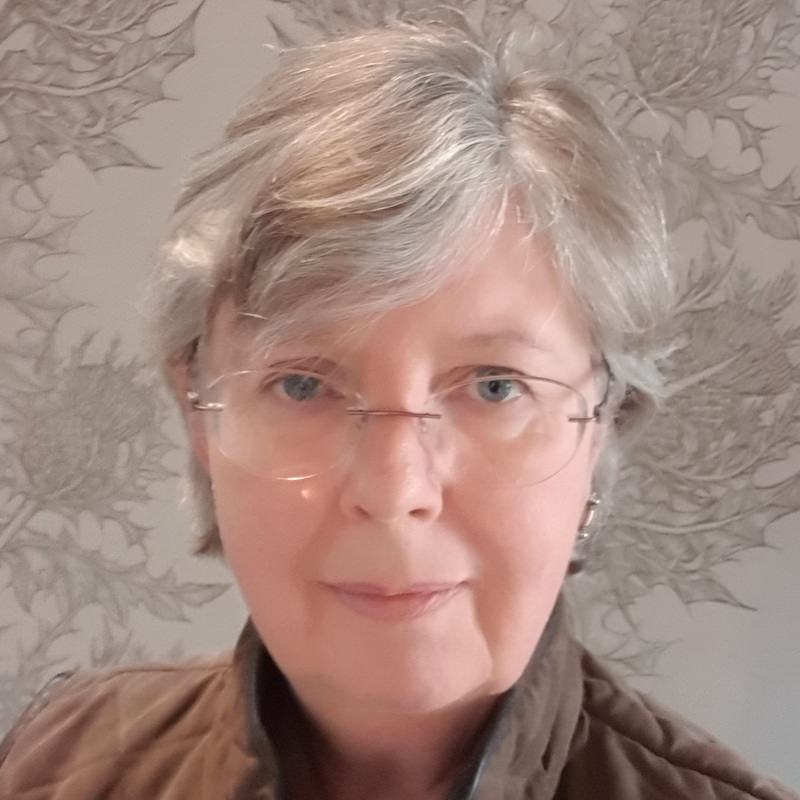
Susan P. Hezlet received her DPhil from Oxford in 1993, working with Dick Dalitz in theoretical particle physics. This was a triumph of ambition over ability and she quickly switched roles to a career in academic publishing, working briefly for World Scientific and Springer before moving to the London Mathematical Society in 1998. As Publisher for the LMS, she focussed on the international collaborations that are uniquely important to mathematics and its publishing, most notably with the Dutch Foundation Compositio Mathematica. She introduced the first electronic submission system for mathematics journals, which led to a great increase in the quantity of papers sent to the LMS journals. This was followed by a lesser, but still significant, increase in the quality of papers accepted by the journals’ Editors. The system was eventually replaced in 2012 by EditFlow, for which the LMS Editorial Advisory Boards are truly grateful.
Susan served as Treasurer, and later Director, on the Board of the Association for Learned and Professional Society Publishers for eight years. This work provided fascinating insights to the wider world of not-for-profit publishing and the opportunity to take an active part in discussion with governments on the relevance of peer review and publishing to the process of research.
In October 2016, Susan moved to Edinburgh to live in one of the most beautiful cities in Europe.
Rob Kirby (founder)
University of California, Berkeley
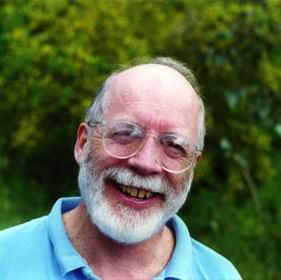
Robion C. Kirby is one of the founders of MSP, and a professor emeritus of mathematics at the University of California at Berkeley. An influential specialist in low-dimensional topology, he has had over 50 doctoral students and was the first mathematician to receive the U.S. National Academy of Sciences’ Award for Scientific Reviewing.
Alongside Colin Rourke, John Jones and Brian Sanderson, Rob was a founding editorial-board member of Geometry & Topology, MSP’s flagship journal. Through his work with GT and MSP, and by direct engagement with his fellow mathematicians, he has been instrumental in raising awareness of the financial problems faced by readers of scientific research, and what the scientific community can do about it. In 2013, the Special Libraries Association honored Rob’s work at MSP and elsewhere by awarding him their Physics-Astronomy-Mathematics Division Award:
Dr. Kirby’s significant contributions with MSP benefit libraries and enhance the ability of librarians to provide service, and improve the exchange of information.
An outdoor enthusiast, Rob has spent many hundreds of days in the Sierras and the Canyonlands. He has ascended Kilamanjaro with his wife Linda, son Rolf, and daughter Kate; McKinley with his brother Doug; and the classic route on Half Dome with Mike Freedman and Dennis Johnson. He has also enjoyed many years of whitewater kayaking, with his first descents in the late 70s with Dennis Johnson and fine days since then with Joel Hass and Abby Thompson.
Rafe Mazzeo
Stanford University
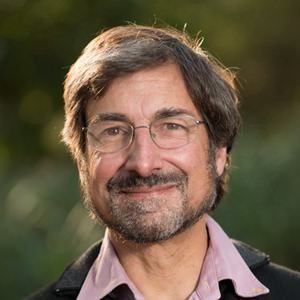
Rafe R. Mazzeo works in and around geometric analysis and partial differential equations. His work has spanned a number of areas, including geometric scattering theory, Hodge theory and index theory, spectral geometry various types of curvature equations, and more recently gauge theory. His particular focus is geometric analysis in the setting of stratified spaces, and he has had a hand in developing the field of geometric microlocal analysis.
Rafe was a student of Richard Melrose at MIT, and arrived at Stanford immediately after his PhD in 1986. He spent two years at the University of Washington in the early ‘90s, but has been at Stanford the rest of his career. He served as department chair from 2007 to 2010, and and again from 2019 to 2022. He is the Cassius Lamb Kirk Professor of Natural Sciences, and was elected to the American Academy of Arts and Sciences in 2022.
Rafe is also quite interested in outreach: he cofounded the Stanford University Math Camp, is faculty director of Stanford Pre-Collegiate Studies, and the Stanford Online High School, and has been the director of the Park City Mathematics Institute, the outreach program of the Institute for Advanced Study, since 2015. Away from the world of math, he loves the outdoors, traveling and spending time with family and friends.
John Sack
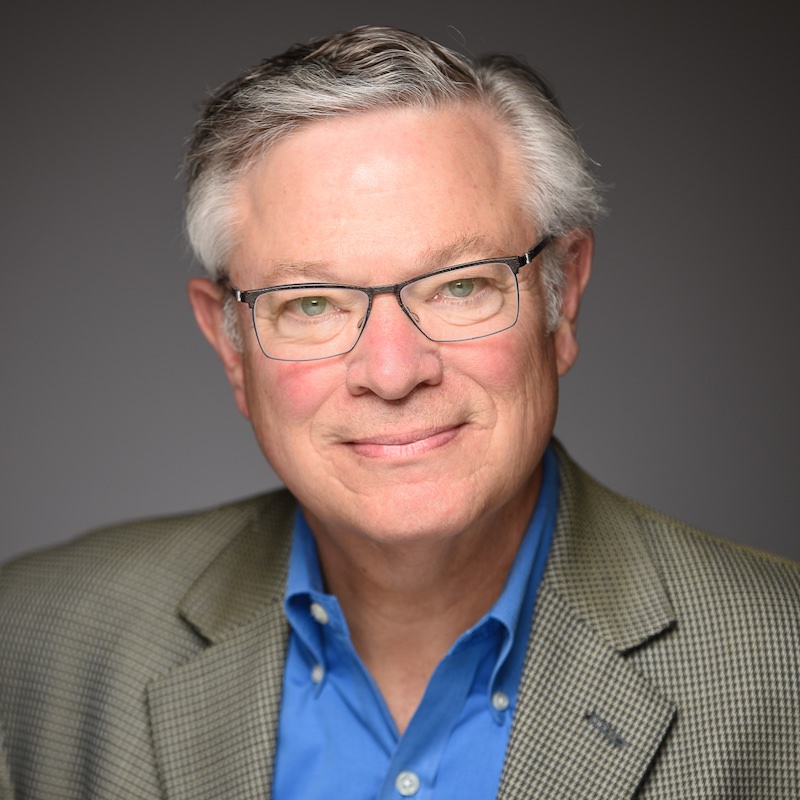
John R. Sack is co-founder of Stanford University’s HighWire Press. He led HighWire for its first two decades of innovation and growth, focusing on the world’s best non-profit society journals in the sciences and organizing the community for driving innovative approaches during the foundational decades of electronic scholarly publishing. John considers himself a futurist or trend-spotter, in that he tries to watch what is happening in consumer and scholarly services and identify patterns that are just beginning to emerge. John is a wine lover and enjoys learning how wine works on the vine and in the glass, but especially on the palate.
Ted Slaman
University of California, Berkeley
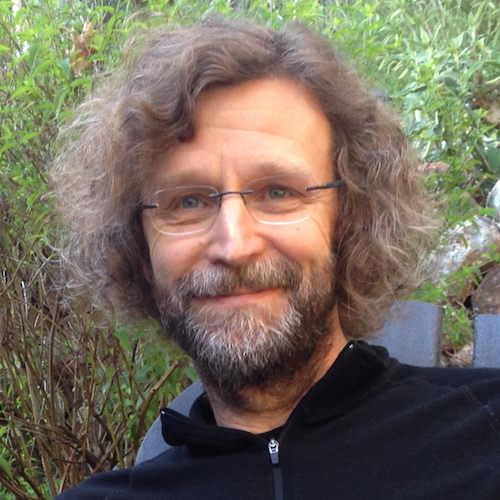
Theodore A. Slaman works in mathematical logic, with a special emphasis on recursion theory. He received his PhD from Harvard University in 1981 under Gerald Sacks. After an NSF Postdoctoral Fellowship, he spent the first half of his academic career at the University of Chicago (1983–1996). In 1996, he moved to the University of California Berkeley, where he intends to stay. He served as Chair of the Berkeley Department of Mathematics during 2003–2006 and again during 2009–2010.
Ted is prone to intense enthusiasms. These currently include combining ideas and methods from Diophantine approximation with those from recursion theory, listening to recordings of Glenn Gould, and exploring the back roads of the East Bay on a Vespa, but never all three at the same time.
Kannan Soundararajan (chair)
Stanford University
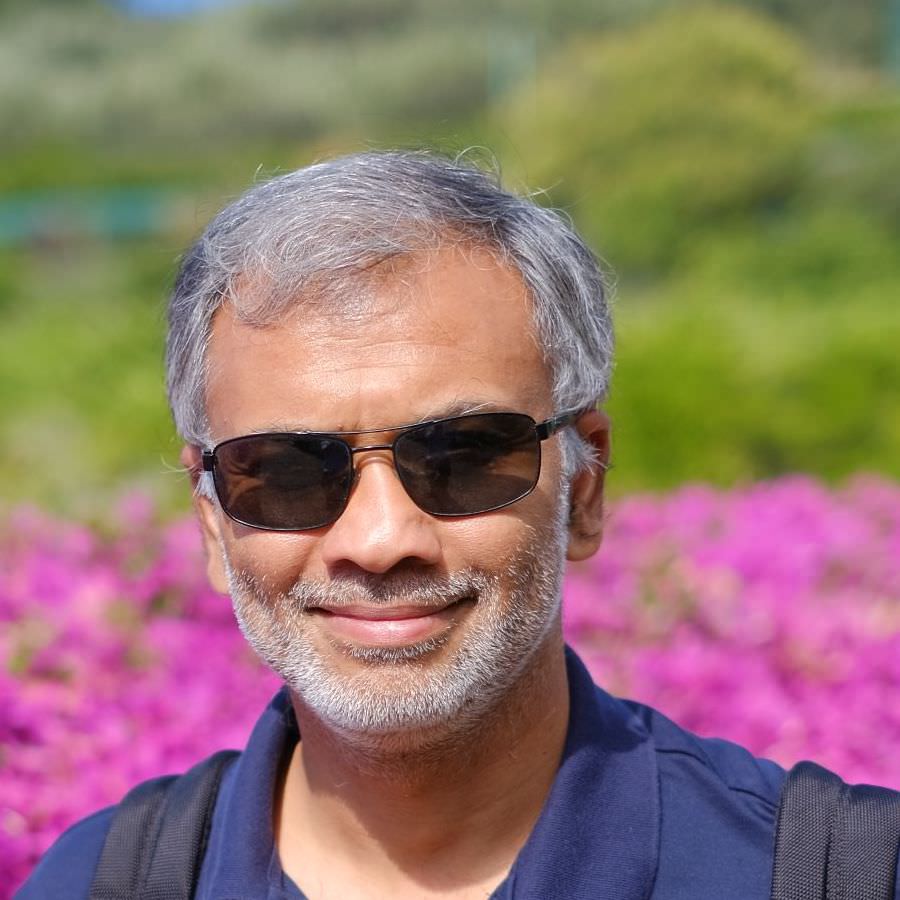
Kannan Soundararajan is interested in number theory, and especially in problems with an analytic flavor. Two motivating themes for his work are understanding the behavior of zeta and L-functions, and understanding mean values of multiplicative functions and related character sums.
Soundararajan was a student of Peter Sarnak at Princeton, and obtained his PhD in 1998. After graduation, he received an AIM Five Year Fellowship which he spent as an instructor at Princeton, and as a member at the Institute for Advanced Study, before joining the faculty at the University of Michigan. Since 2006, he has been a professor at Stanford.
Soundararajan serves on the editorial boards of Mathematische Annalen, Forum of Mathematics (Sigma and Pi), Mathematika, International Mathematics Research Notices, and Journal of Number Theory.
Outside of mathematics, he enjoys opera, puzzles of various types, and playing Scrabble, chess, and tennis. He joined the MSP board in July 2020.
Abby Thompson (treasurer)
University of California, Davis
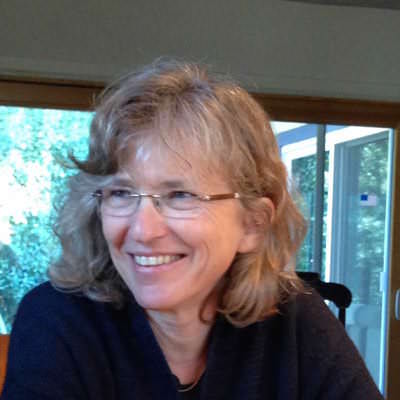
Abigail A. Thompson was awarded a PhD from Rutgers in 1986, working with advisor Marty Scharlemann. She spent the following year at the Hebrew University in Jerusalem, funded by a Lady Davis Fellowship. In 1987 she was awarded a University of California President’s Postdoctoral Fellowship at Berkeley, where her postdoctoral advisor was Rob Kirby. In 1988 she joined the U.C. Davis faculty, where she has remained ever since, playing the cello and doing some math. She has twice been a visiting member of the Institute for Advanced Study, and has been an NSF Postdoctoral Fellow and a Sloan Foundation Fellow. In 2003 she was awarded the AMS Ruth Lyttle Satter Prize in Mathematics for her work in low-dimensional topology.
Paul Vojta (secretary)
University of California, Berkeley
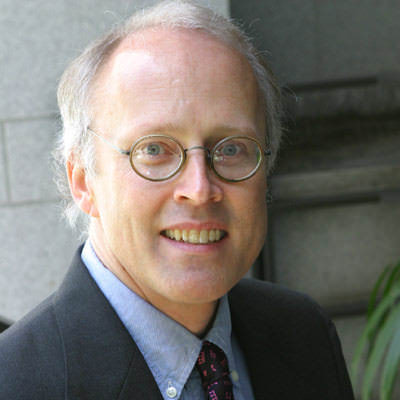
Paul A. Vojta received his PhD at Harvard University in 1983 under Barry Mazur, and then spent three years teaching at Yale before coming to Berkeley, where he has stayed ever since. He works in number theory, concentrating on an as-yet poorly understood relation between Diophantine approximation and a part of complex analysis known as Nevanlinna theory. He received the Frank Nelson Cole Prize in Number theory from the AMS in 1992.
Paul is also active in the TeX community, having maintained the program xdvi for many years. Currently, he supports the web-based homework system WeBWorK at Berkeley. He also enjoys reading, listening to classical music, and dancing west coast swing (but not at the same time).
Carol Wood
Wesleyan University
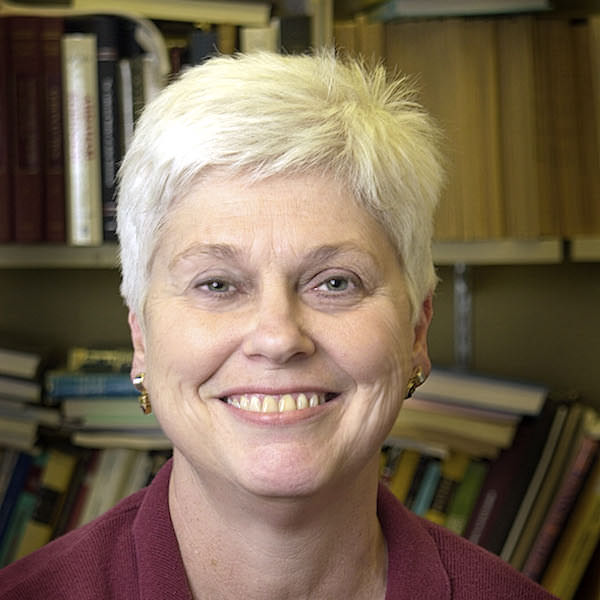
Carol S. Wood works in model theory and its connections to algebra and combinatorics. She was born in Pennington Gap, Virginia, and is proud to be a hillbilly. She received a PhD in mathematics at Yale in 1971 under the supervision of Abraham Robinson. Her academic career has been based entirely at Wesleyan University. She is now the Edward Burr van Vleck Professor of Mathematics Emerita.
For over 25 years she has been engaged in the mathematics community in a variety of roles, including president of the Association for Women in Mathematics, program officer in the Division of Mathematical Sciences at the National Science Foundation, deputy director at the Mathematical Sciences Research Institute, and trustee of the American Mathematical Society, where she is an Inaugural Fellow. Together with other former students and colleagues of her undergraduate advisor, Carol helped to create AWM’s M. Gweneth Humphreys Award to recognize outstanding mentoring of undergraduate women in mathematics.
Carol’s current non-mathematical delights are family, especially four grandchildren, fishing on Cape Cod, cooking in Berkeley, Iyengar yoga and Bar Method, and traveling.
Lexing Ying
Stanford University

Lexing Ying works in applied and computational mathematics, with an emphasis on numerical analysis and scientific computing. He received his PhD from New York University in 2004. After a postdoc position at California Institute of Technology, he spent six years on the math faculty at the University of Texas at Austin. In 2012, he moved to Stanford University, where he is currently a professor in the mathematics department.
Lexing received a Sloan Fellowship in 2007, an NSF Career Award in 2009, the Fengkang Prize in Scientific Computing in 2011, and the SIAM James H. Wilkinson Prize in 2013. He was an invited speaker of ICM 2022 and became a SIAM fellow in 2024.
Lexing joined the MSP board in spring 2025.
Emeriti
Joan Birman (director emerita)
Barnard College & Columbia University
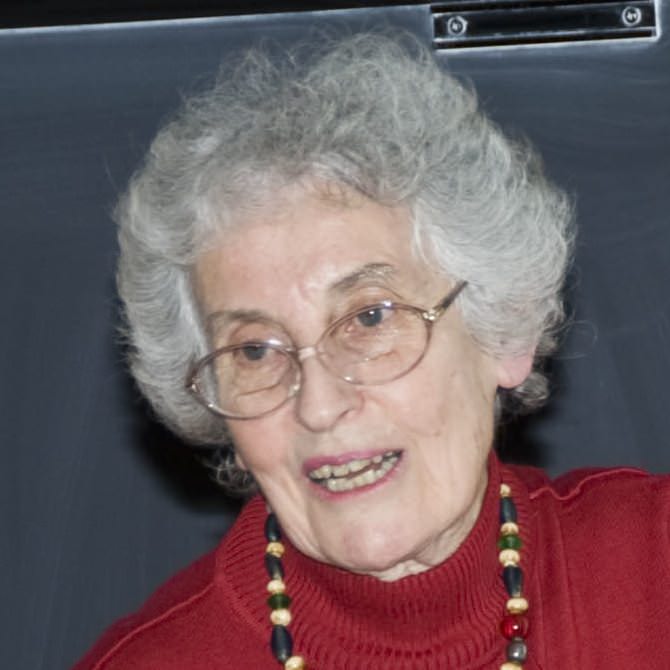
Joan S. Birman was on the original editorial boards of both Geometry & Topology and Algebraic & Geometric Topology. Her interest in low-cost non-commercial journal publishing was expressed in an article that she wrote in 2000, “Scientific publishing: A mathematician’s viewpoint,” Notices AMS 47:7.
She received her PhD from the Courant Institute of New York University in 1968. In addition to being a research professor emeritus at Barnard College and Columbia University, Joan is an affiliated professor at the University of Haifa. Specializing in knots, braids, 3-manifolds, and mapping class groups of surfaces, Joan is frequently invited to speak on these topics at meetings and conferences. In 2005, the Department of Mathematics at Columbia University and Barnard College held such a conference in her honor.
Joan retired from the MSP Board in October 2013.
Ron Stern (director emeritus)
University of California, Irvine
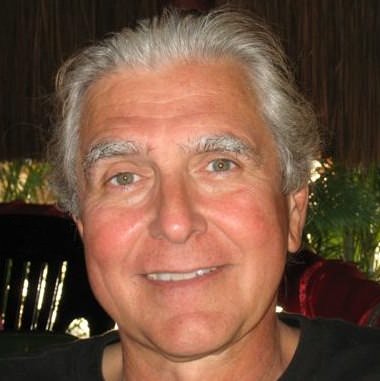
Ronald J. Stern serves on the boards of a number of publications and organizations, including the Pacific Journal of Mathematics, the American Mathematical Society, the Institute for Pure and Applied Mathematics, the IAS/Park City Mathematics Institute, and the Friends of the International Mathematics Union. At MSP, he is also an editor for Geometry & Topology. He has been a part of MSP since the company was founded, and was instrumental in beginning the partnership between MSP and PJM which continues to this day.
Ron is a professor emeritus at the University of California at Irvine, where he was chair of the Department of Mathematics and dean of the School of Physical Sciences. While not doing research focusing on low-dimensional topology, he is an avid scuba diver and jazz pianist.
After serving as secretary-treasurer, Ron retired from the MSP Board in June 2015.
Maciej Zworski (director emeritus)
University of California, Berkeley
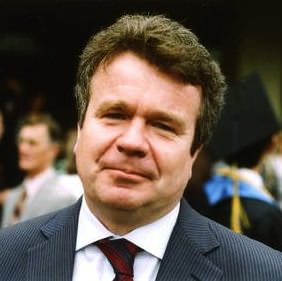
Maciej R. Zworski, as the first managing editor of Analysis & PDE, was largely responsible for assembling the journal’s first editorial board in 2007. He received his PhD in Mathematics from the Massachusetts Institute of Technology under R. B. Melrose. His research investigates mathematical aspects of quantum mechanics, in particular scattering theory and microlocal analysis, as well as partial differential equations. Maciej has taught at Harvard University, Johns Hopkins University and the University of Toronto.
Maciej is currently a professor of mathematics at the University of California at Berkeley, and is an editor for APDE as well as Methods and Applications of Analysis and Applied Mathematics Research eXpress, and on the editorial board of the American Journal of Mathematics.
Maciej retired from the MSP Board in spring 2025.